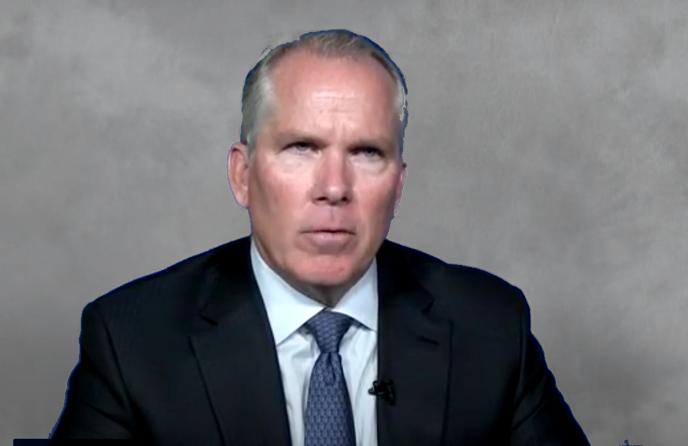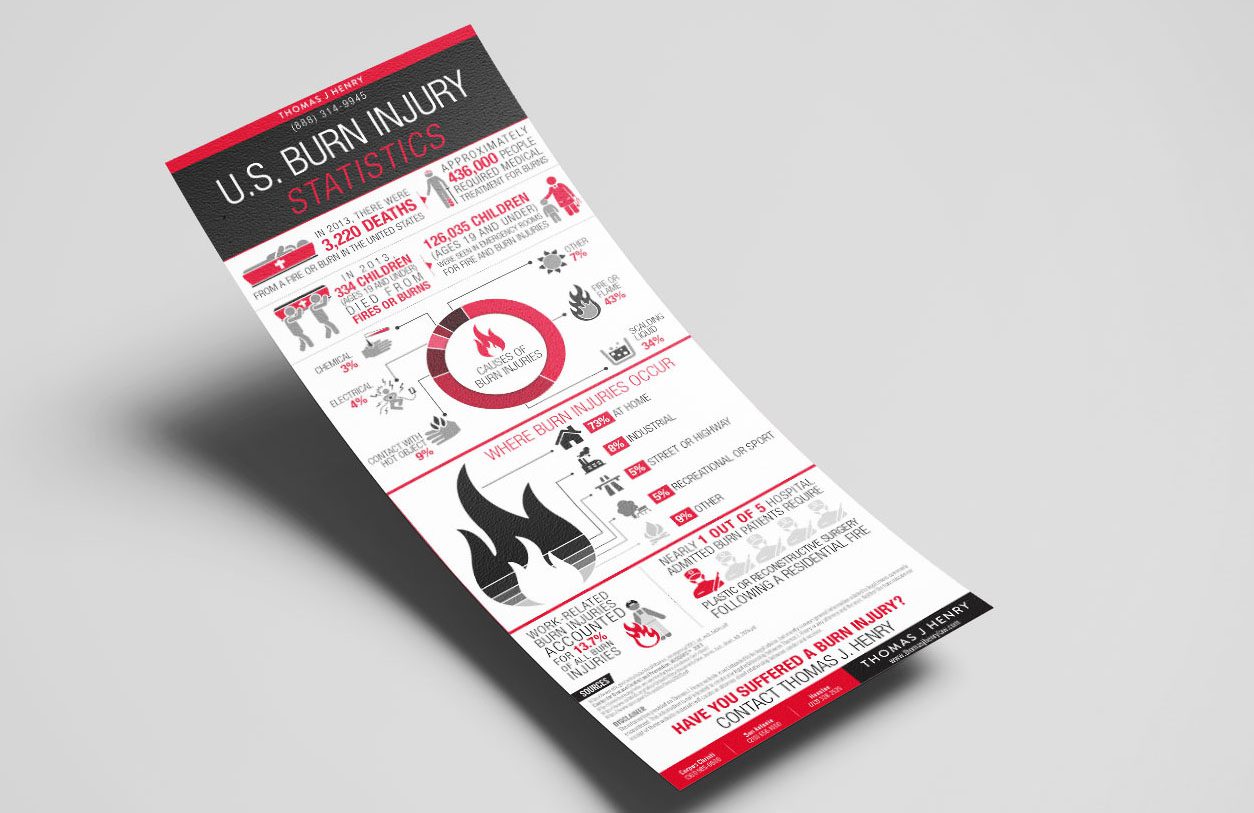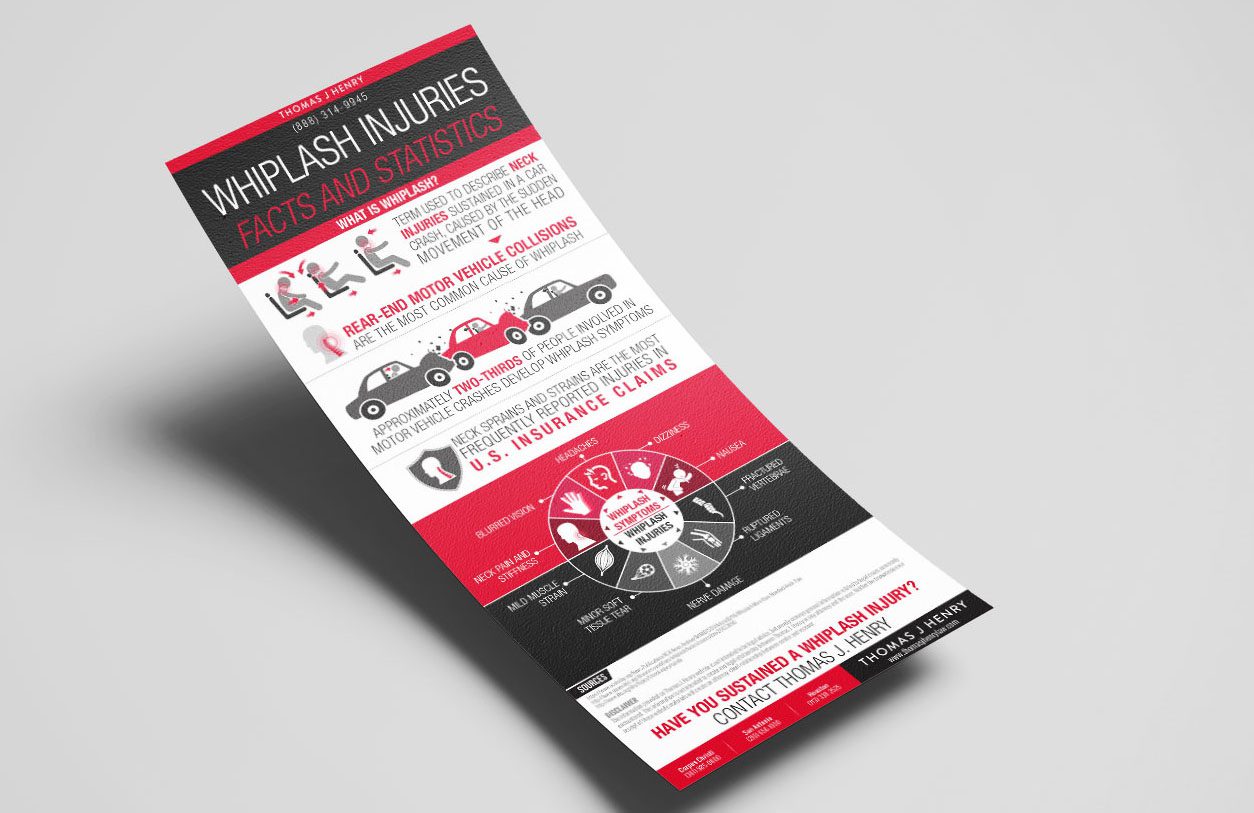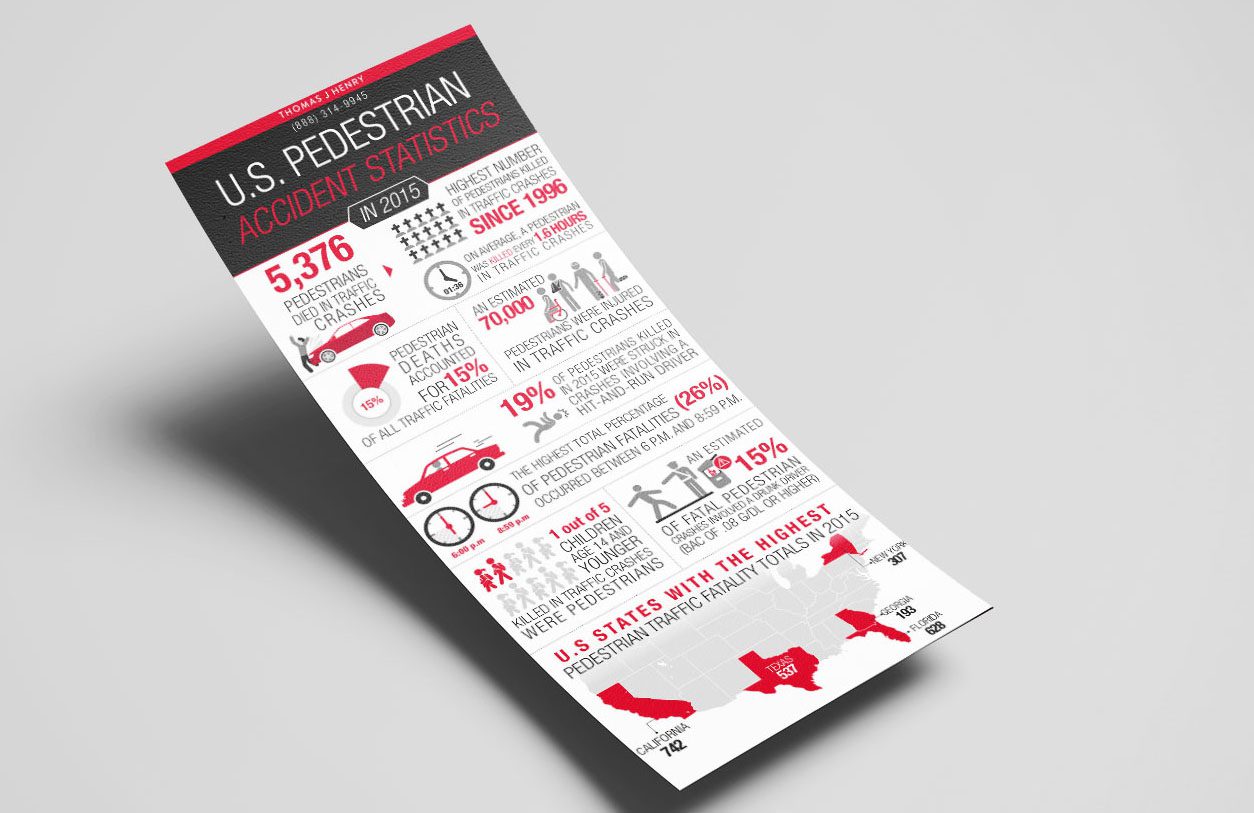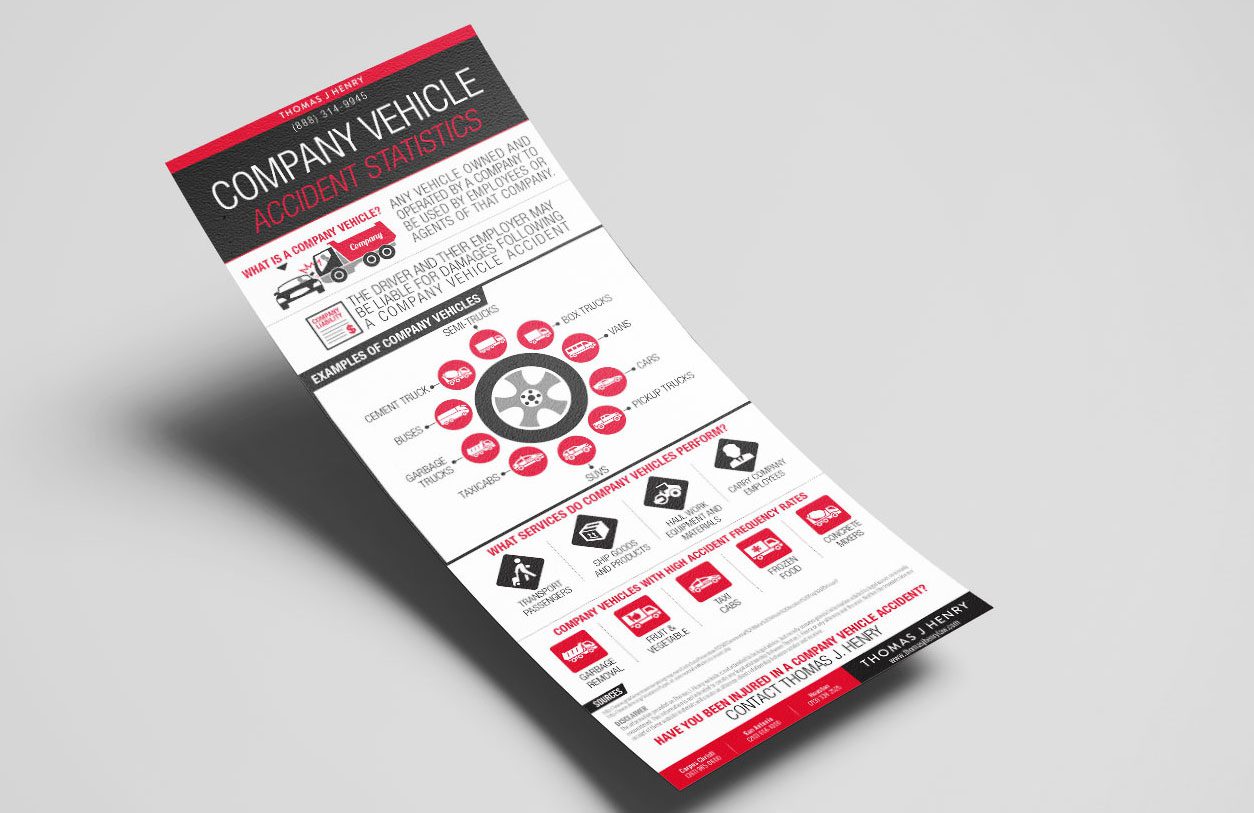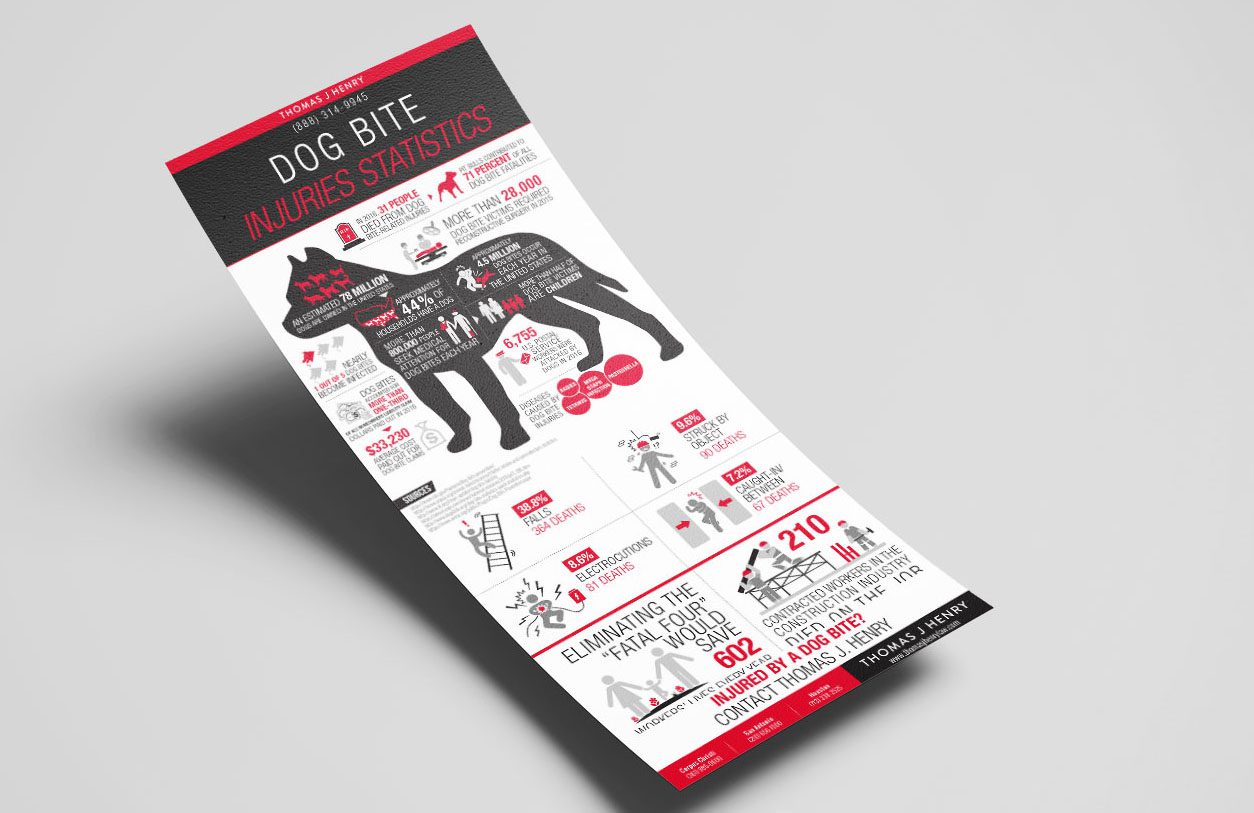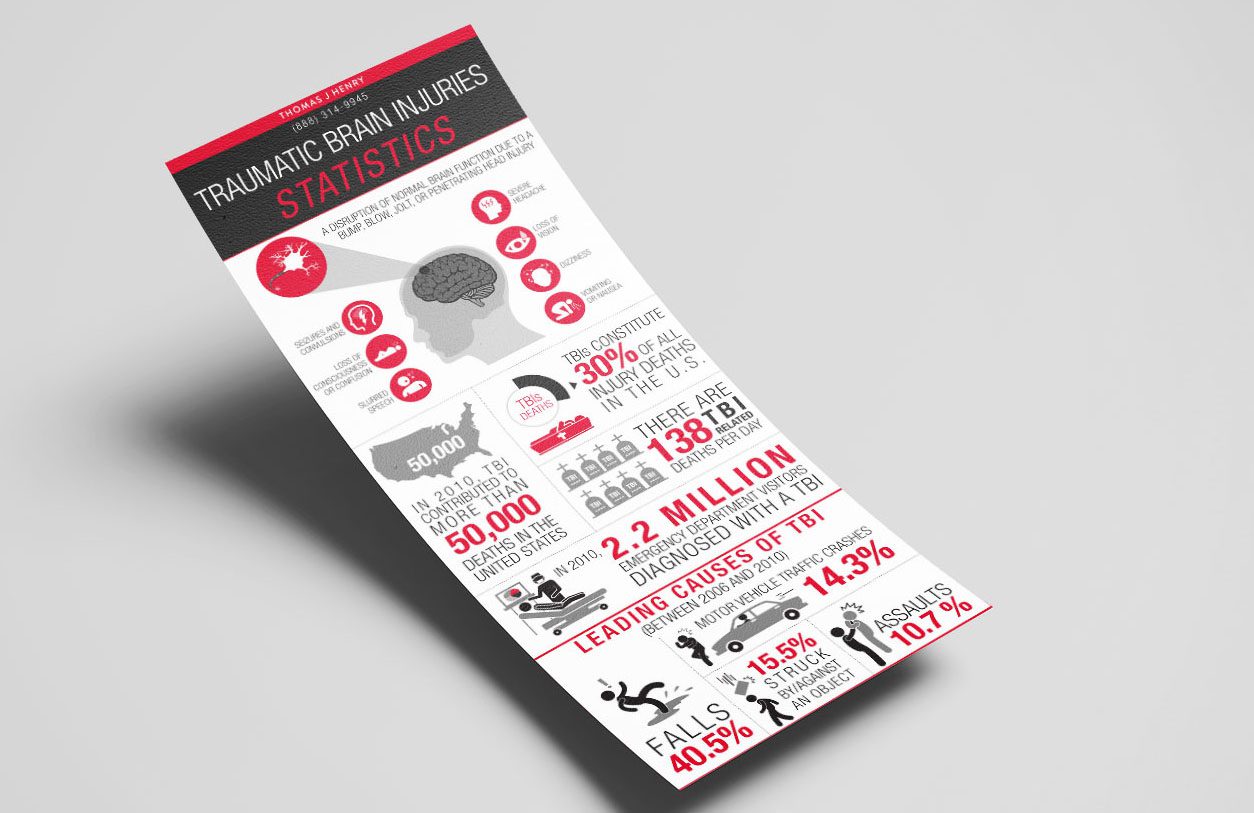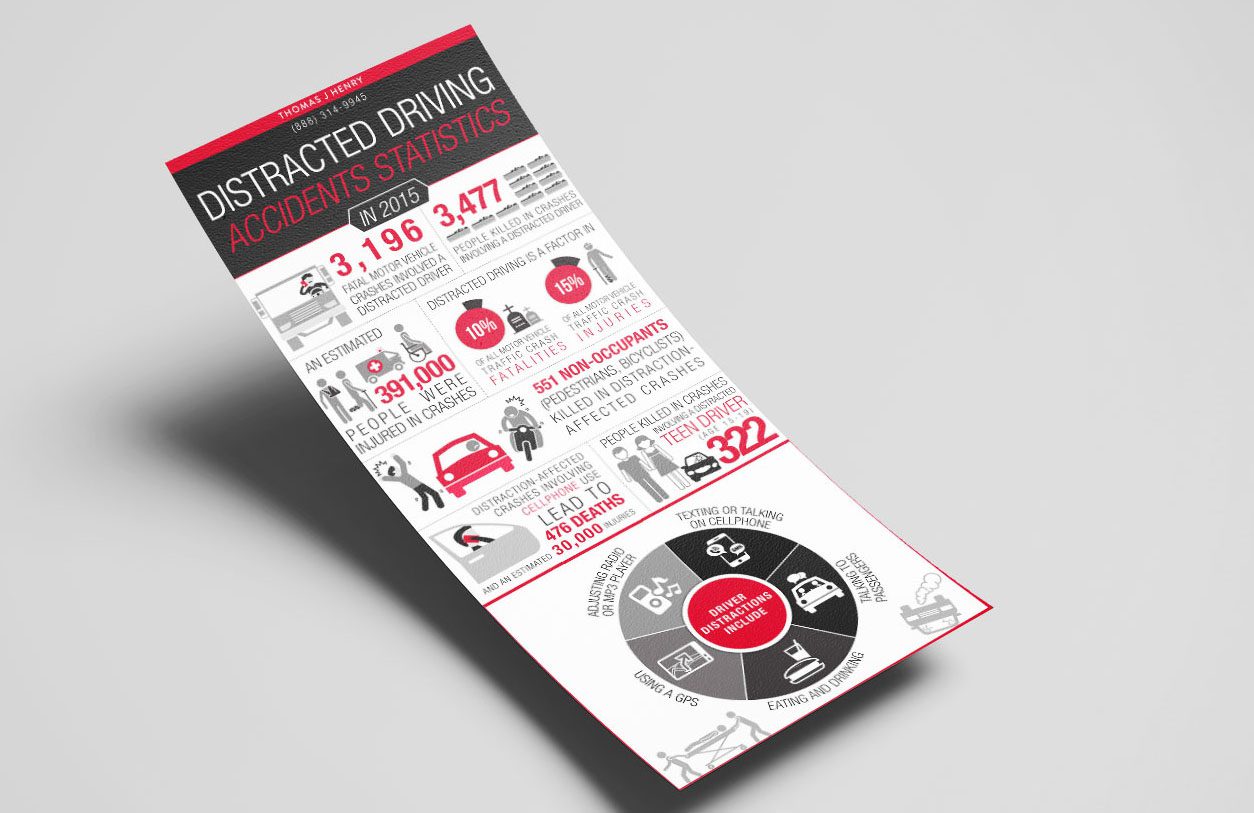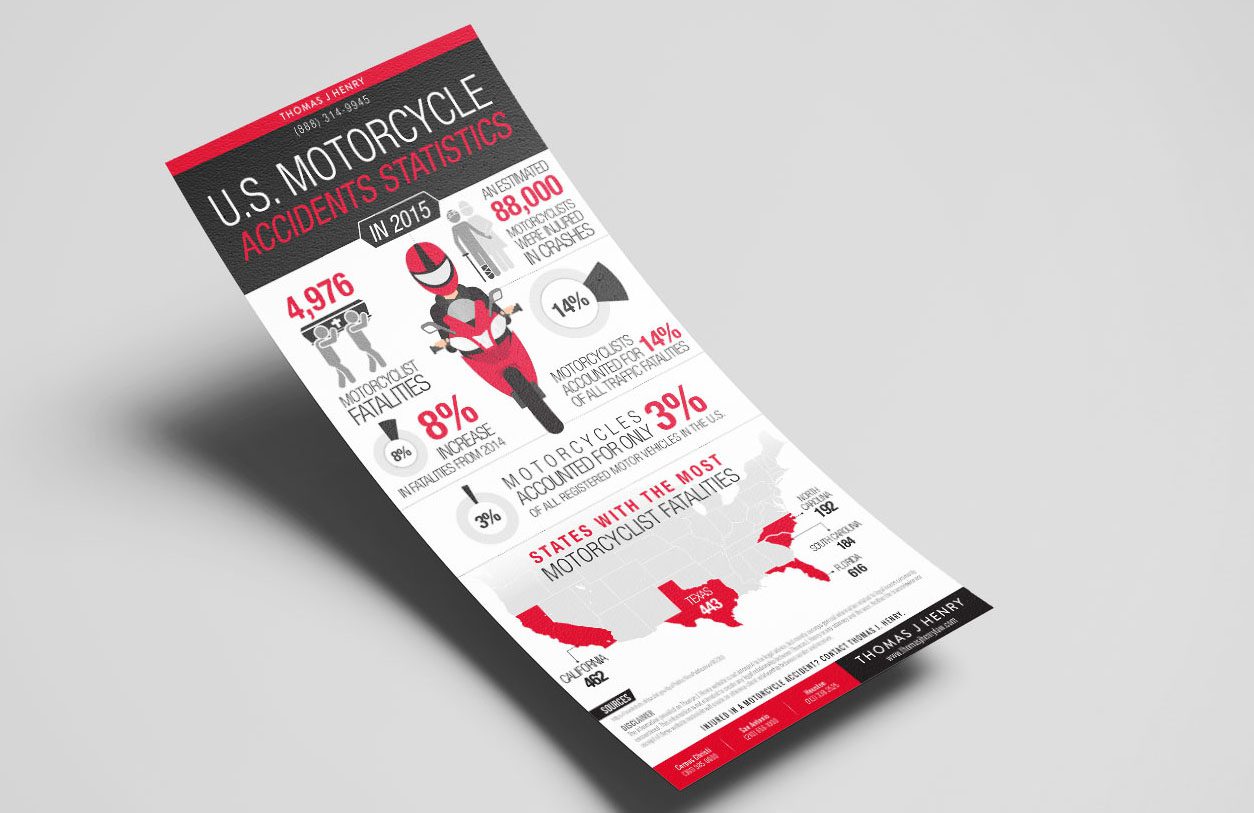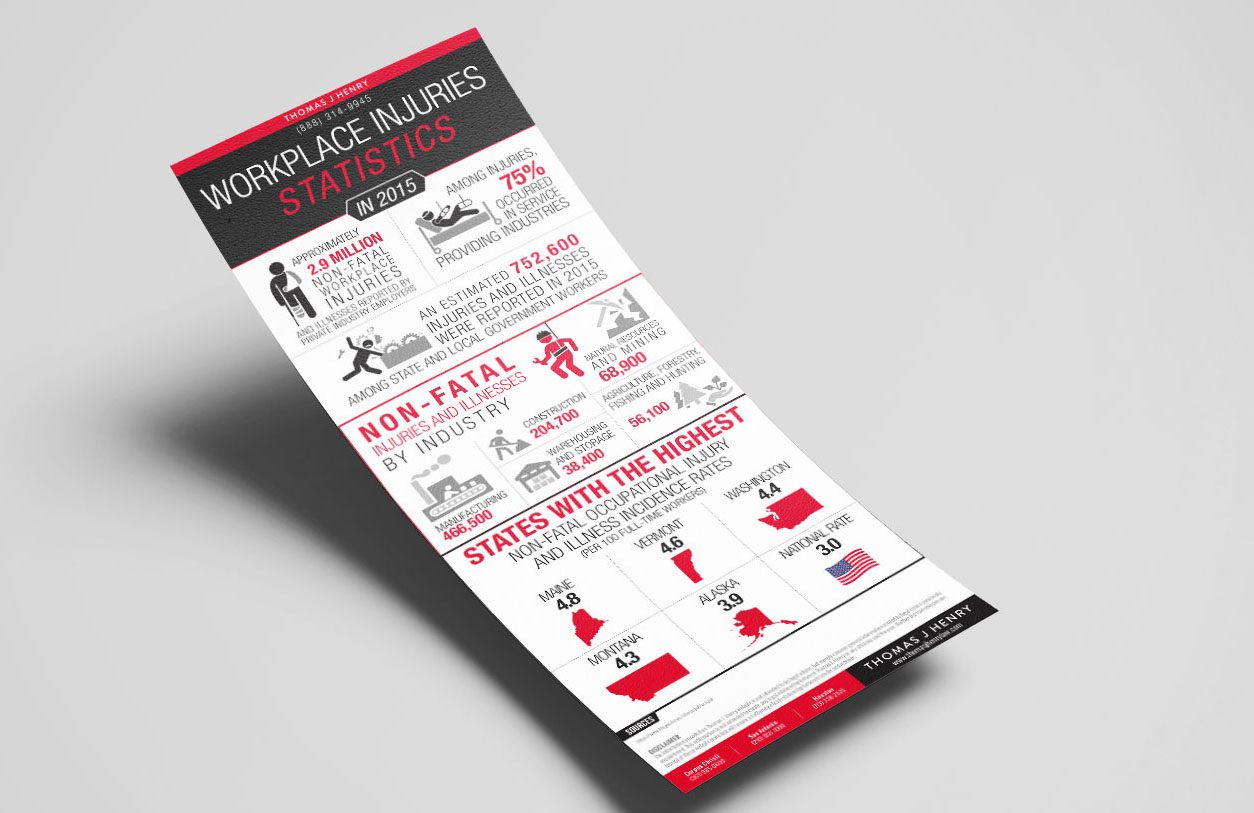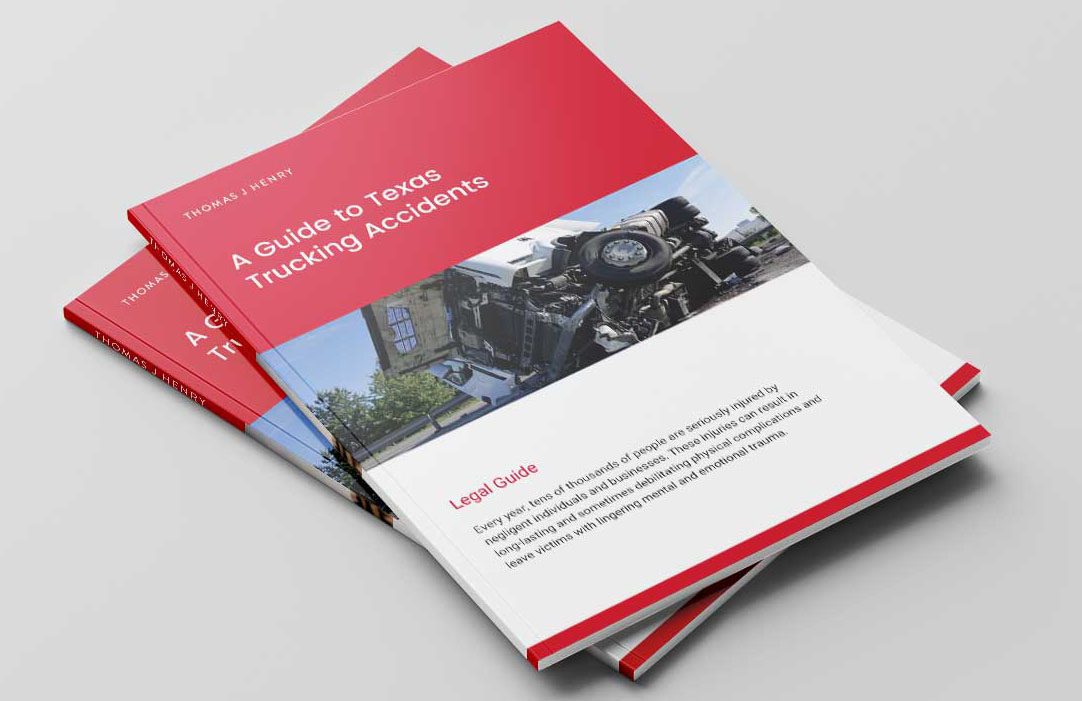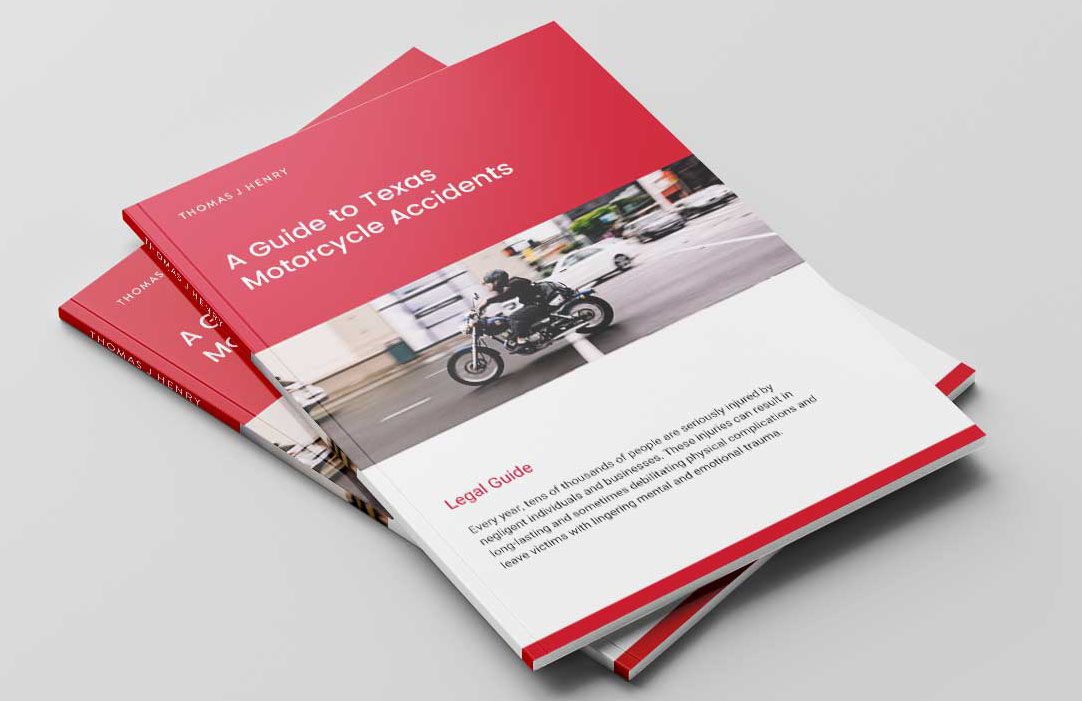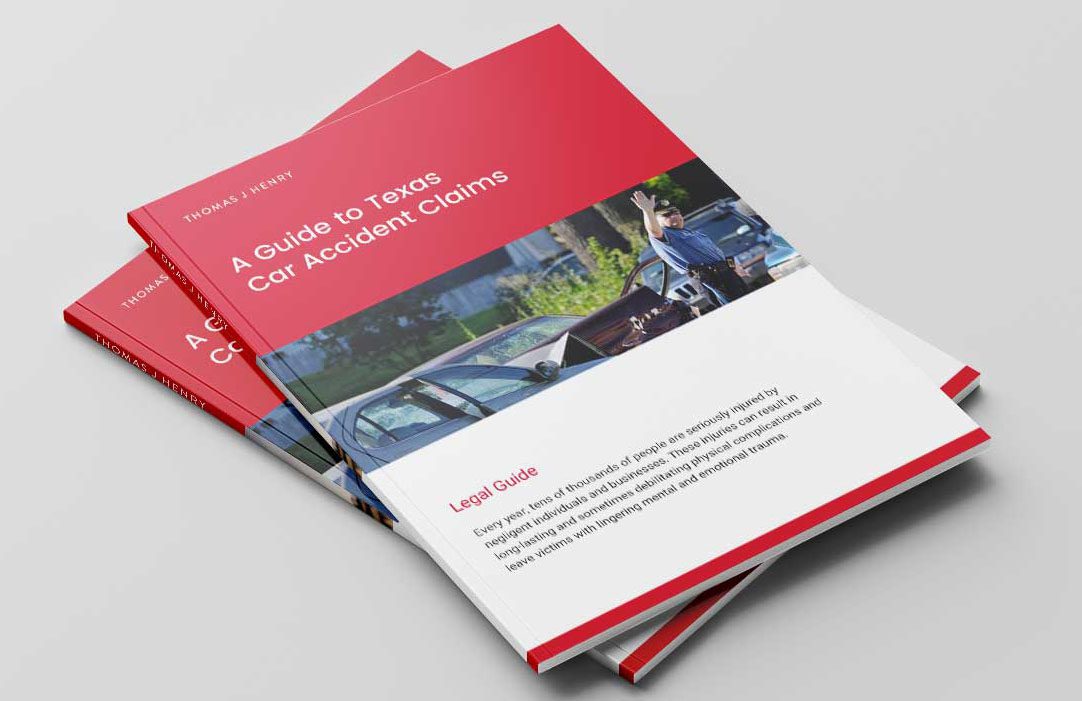
Help & Information
We have straight answers to difficult questions to help you navigate legal process and secure financial compensation.
At Thomas J. Henry Law, we want to ensure all injured victims are informed and knowledgeable about their rights. The legal process can be complicated, confusing, and overwhelming, especially when you are also dealing with the aftermath of an accident or injury.
Thomas J. Henry Law has prepared the following Infographics, FAQs, Videos, and Personal Injury Legal Guides to assist you on your road to recovery. If you wish to speak directly with an attorney, contact our offices now for a FREE Case Consultation – we are available 24/7, nights and weekends.
Your Questions Answered
-
All
3M MILITARY EARPLUGSAUSTINAUTOMOBILE ACCIDENTSBICYCLE ACCIDENTSBURN INJURIESCHILD ABUSECHILD INJURYCOMPANY VEHICLE ACCIDENTSCORPUS CHRISTIDISTRACTED DRIVINGDOG BITESDRUNK DRIVINGELECTRIC SCOOTERSENVIRONMENTAL HAZARDSLEGAL MALPRACTICELYFTMASS TORTMEDICAL MALPRACTICEOILFIELD & REFINERY ACCIDENTSPEDESTRIAN ACCIDENTSPERSONAL INJURYPREMISES LIABILITYSAN ANTONIOSPINE & BACK INJURIESTRAUMATIC BRAIN INJURYTRUCKING ACCIDENTSUBERWORKPLACE INJURIESWRONGFUL DEATH
Featured FAQs
The Thomas J. Henry “No Win No Fee” promise works as part of a contingency fee agreement. Instead of receiving payments from clients, we recoup fees and expenses from the final settlement or verdict our clients receive.
This allows us to start working on your case as soon as you hire us, ensuring that your case is handled with the urgency it deserves. It also means you can focus on getting better rather than cutting us a check.
The percentage we collect may vary depending on the complexity of your case, but you will be kept informed so you know what we are collecting before your case is closed.
Even better, you owe us nothing if we don’t win your case! Because our fees are collected as a percentage of your settlement or verdict, we do not collect anything unless and until you get your recovery. This means there is no risk to hiring a qualified attorney to handle your case!
The cost associated with hiring a personal injury attorney and how payment is collected may vary from firm to firm. At Thomas J. Henry, we work on a contingency fee basis. This means that we don’t charge our clients a penny unless and until we win their case.
Working on a contingency fee basis allows clients access to resources and legal representation they might otherwise struggle to afford. The more serious a case is, the more money it costs to take to trial. This is because complex litigation tends to take longer to resolve and the entities involved fight harder.
This is especially true if your lawsuit is against a large company, as would be the case in a trucking accident or on-the-job injury. Such companies employ teams of lawyers and have seemingly unlimited financial resources. You need an attorney who has the same. Thomas J. Henry employs a team of more than 100 attorneys and has the money to fight your case out to the end.
Finally, by collecting any fees and expenses after a verdict or settlement is secured, Thomas J. Henry can help ensure his clients are able to focus on healing. “The client’s job is to heal. We will handle the rest,” says Thomas J. Henry.
In a contingency fee arrangement, an attorney agrees to accept a fixed percentage of your recovery as payment. This means that if you win your case, your attorney will collect their fees and expenses from the money awarded to you. However, if you lose your case, your attorney will collect nothing.
Most lawyers prefer not to work on contingency cases for two reasons:
- There is a risk the firm will be paid nothing
- Any payment is delayed until money is collected from the opposing party
Generally, a lawyer who accepts contingency fee cases:
- Regularly represents clients who lack the financial resources to pay hourly attorney's fees (as is often the case for personal injury victims).
- Is more selective about the cases they accept.
- Is very confident in their ability to win the cases they choose to handle.
All FAQs
The Thomas J. Henry “No Win No Fee” promise works as part of a contingency fee agreement. Instead of receiving payments from clients, we recoup fees and expenses from the final settlement or verdict our clients receive.
This allows us to start working on your case as soon as you hire us, ensuring that your case is handled with the urgency it deserves. It also means you can focus on getting better rather than cutting us a check.
The percentage we collect may vary depending on the complexity of your case, but you will be kept informed so you know what we are collecting before your case is closed.
Even better, you owe us nothing if we don’t win your case! Because our fees are collected as a percentage of your settlement or verdict, we do not collect anything unless and until you get your recovery. This means there is no risk to hiring a qualified attorney to handle your case!
The cost associated with hiring a personal injury attorney and how payment is collected may vary from firm to firm. At Thomas J. Henry, we work on a contingency fee basis. This means that we don’t charge our clients a penny unless and until we win their case.
Working on a contingency fee basis allows clients access to resources and legal representation they might otherwise struggle to afford. The more serious a case is, the more money it costs to take to trial. This is because complex litigation tends to take longer to resolve and the entities involved fight harder.
This is especially true if your lawsuit is against a large company, as would be the case in a trucking accident or on-the-job injury. Such companies employ teams of lawyers and have seemingly unlimited financial resources. You need an attorney who has the same. Thomas J. Henry employs a team of more than 100 attorneys and has the money to fight your case out to the end.
Finally, by collecting any fees and expenses after a verdict or settlement is secured, Thomas J. Henry can help ensure his clients are able to focus on healing. “The client’s job is to heal. We will handle the rest,” says Thomas J. Henry.
In a contingency fee arrangement, an attorney agrees to accept a fixed percentage of your recovery as payment. This means that if you win your case, your attorney will collect their fees and expenses from the money awarded to you. However, if you lose your case, your attorney will collect nothing.
Most lawyers prefer not to work on contingency cases for two reasons:
- There is a risk the firm will be paid nothing
- Any payment is delayed until money is collected from the opposing party
Generally, a lawyer who accepts contingency fee cases:
- Regularly represents clients who lack the financial resources to pay hourly attorney's fees (as is often the case for personal injury victims).
- Is more selective about the cases they accept.
- Is very confident in their ability to win the cases they choose to handle.
When you win your Texas personal injury case, there is a multitude of damages you can recover depending on the facts of your case. From past and future medical expenses to lost wages to pain and suffering, a jury will look at the facts of your case to determine exactly what types of compensation you are entitled to.
Among the most common damages recovered in personal injury lawsuits are:
Lost wages – You may be entitled to compensation for the impact an accident or injury has had on your salary or wages. This includes wages lost due to time spent in the hospital, rehabilitation, or the loss of a job due to disability.
Loss of earning capacity – Similar to lost wages, loss of earning capacity seeks to recover income that has been lost due to an accident or injury; however, whereas lost wages is focused on salary or wages that have already been lost, loss of earning capacity seeks damages based on future income.
Medical treatment – Damages almost always include the cost of medical care associated with an accident or injury. Damages can include reimbursement for treatment you have already received as well as compensation for the estimated cost of medical care you will need in the future.
Property loss – If any of your property was damaged or lost as a result of a personal injury accident, your attorney will seek reimbursement for repairs or compensation based on the fair market value of any property that was lost.
Pain and suffering – If your injury has resulted in pain or serious discomfort, you may be entitled to pain and suffering damages. This can include pain experienced when an injury was caused, pain experienced immediately after an injury was caused, and any ongoing pain that can be attributed to the injury or accident.
Loss of enjoyment – These damages attempt to quantify loss of enjoyment in day-to-day pursuits like hobbies, exercise, and other recreational activities.
Emotional distress – Not all injuries are physical. If your accident or injury has had a psychological impact and has resulted in things like anxiety, depression, or sleep loss, you may be entitled to emotional distress damages.
Loss of consortium – Typically applied to wrongful death lawsuits, loss of consortium damages can also be sought when a severe injury has resulted in a loss of companionship or an inability to maintain a sexual relationship with a spouse. Children may also sue for loss of consortium if the injuries have significantly hampered the victim’s ability to provide care, nurturing, or comfort.
- Lost wages – You may be entitled to compensation for the impact an accident or injury has had on your salary or wages. This includes wages lost due to time spent in the hospital, rehabilitation, or the loss of a job due to disability.
- Loss of earning capacity – Similar to lost wages, loss of earning capacity seeks to recover income that has been lost due to an accident or injury; however, whereas lost wages is focused on salary or wages that have already been lost, loss of earning capacity seeks damages based on future income.
- Medical treatment – Damages almost always include the cost of medical care associated with an accident or injury. Damages can include reimbursement for treatment you have already received as well as compensation for the estimated cost of medical care you will need in the future.
- Property loss – If any of your property was damaged or lost as a result of a personal injury accident, your attorney will seek reimbursement for repairs or compensation based on the fair market value of any property that was lost.
- Pain and suffering – If your injury has resulted in pain or serious discomfort, you may be entitled to pain and suffering damages. This can include pain experienced when an injury was caused, pain experienced immediately after an injury was caused, and any ongoing pain that can be attributed to the injury or accident.
- Loss of enjoyment – These damages attempt to quantify loss of enjoyment in day-to-day pursuits like hobbies, exercise, and other recreational activities. Emotional distress – Not all injuries are physical. If your accident or injury has had a psychological impact and has resulted in things like anxiety, depression, or sleep loss, you may be entitled to emotional distress damages.
- Loss of consortium – Typically applied to wrongful death lawsuits, loss of consortium damages can also be sought when a severe injury has resulted in a loss of companionship or an inability to maintain a sexual relationship with a spouse. Children may also sue for loss of consortium if the injuries have significantly hampered the victim’s ability to provide care, nurturing, or comfort.
- Doctor visits
- Hospital stays
- Emergency room treatment
- Ambulance fees
- Nursing services
- Medication costs
- MRIs, x-rays, and other scans
- Surgery
- Rehabilitation and physical therapy
- Money that reflects a promotion or wage increase provided you were due for a wage increase or promotion while out of work.
- Loss of commissions on sales.
- Bonuses that you were paid in the past and were on track to receive prior to your injury.
- Loss of fringe benefits.
- Loss of pension benefits.
- Pain and suffering – If your injury has resulted in pain or serious discomfort, you may be entitled to pain and suffering damages. This can include pain experienced when an injury was caused, pain experienced immediately after an injury was caused, and any ongoing pain that can be attributed to the injury or accident.
- Loss of enjoyment – These damages attempt to quantify loss of enjoyment in day-to-day pursuits like hobbies, exercise, and other recreational activities.
- Emotional distress – Not all injuries are physical. If your accident or injury has had a psychological impact and has resulted in things like anxiety, depression, or sleep loss, you may be entitled to emotional distress damages.
- Loss of consortium – Typically applied to wrongful death lawsuits, loss of consortium damages can also be sought when a severe injury has resulted in a loss of companionship or an inability to maintain a sexual relationship with a spouse. Children may also sue for loss of consortium if the injuries have significantly hampered the victim’s ability to provide care, nurturing, or comfort.
Infographics
Legal Guides
Contact Us for a Free Case Review
- 866-517-5659
- info@tjhlaw.com
